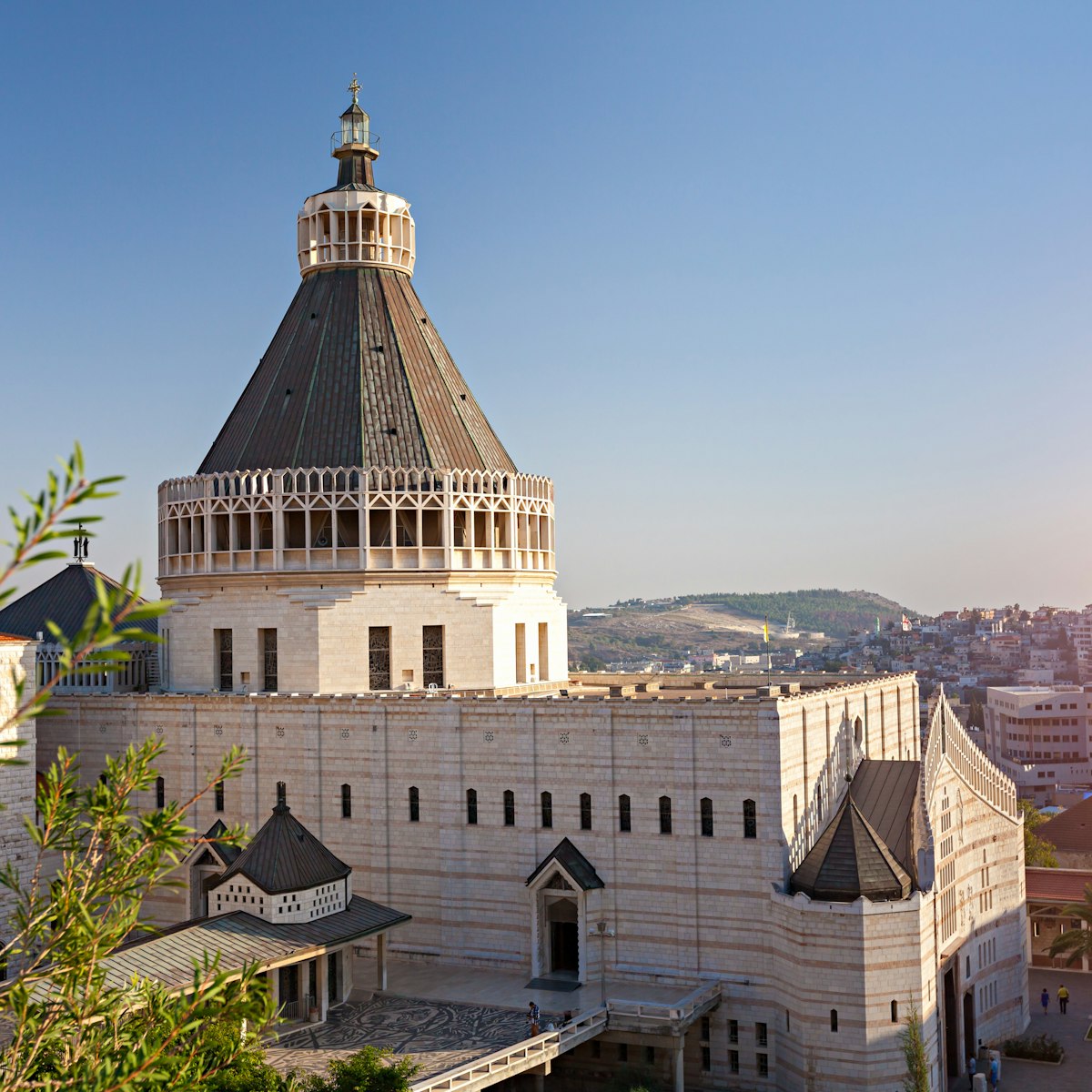Sebastia is a collection of ruins above a village of the same name that is believed to be one of the oldest continuously inhabited places in the West Bank.
A prominent settlement during Hellenistic and Roman eras, Christians and Muslims believe Sebastia to be the burial site of St John the Baptist. Situated on a hill with panoramic views across the West Bank, the site includes an amphitheatre (which once held 7000 people) and the remains of a Byzantine church.
St John's grave was desecrated in the mid-4th century and his bones partly burned, with surviving portions taken to Jerusalem and later to Alexandria, Egypt, where they were interred at a Coptic monastery. A mosque complex in the village of Sebastia contains a shrine to St John and a small museum (8am to 3pm Sunday to Thursday).
Despite obvious neglect (many of the ruins are strewn with trash and some are daubed with graffiti), Sebastia is an essential stop on a West Bank itinerary for history buffs. For the less archaeologically inclined, it is a peaceful place to walk among the olive groves and take in sensational views.
Sebastia is 11km from Nablus; a taxi with waiting time will cost around 150NIS. Alternatively, take a shared taxi from Nablus.







